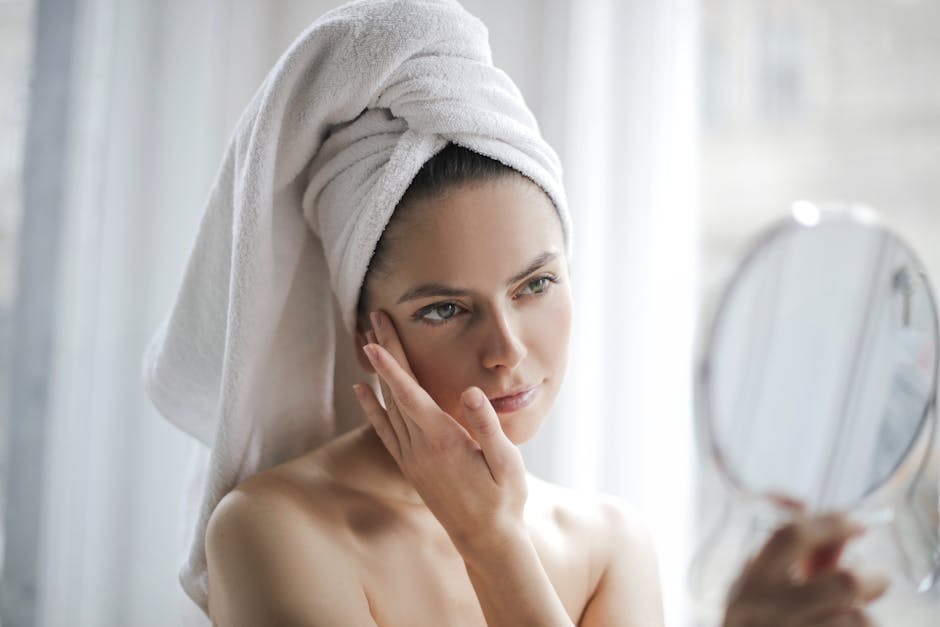Acne, a common skin condition that affects individuals of all ages, can lead to unsightly blemishes, scarring, and low self-esteem. While there is no one-size-fits-all cure, understanding the underlying causes and implementing effective treatment strategies can significantly improve your skin's appearance and overall well-being.
**Understanding Acne**
Acne occurs when hair follicles become clogged with sebum, a natural oil produced by the skin, and dead skin cells. This blockage creates a breeding ground for bacteria, leading to inflammation and breakouts. Hormonal fluctuations, genetics, stress, and certain medications can all contribute to acne development.
**The Importance of Skin Care**
Proper skin care is crucial for preventing and treating acne. Daily cleansing with a gentle cleanser helps remove dirt, oil, and bacteria. Exfoliating regularly to remove dead skin cells can also prevent clogged pores. Additionally, moisturizing is essential to maintain the skin's natural barrier function and prevent dryness.
**Over-the-Counter Treatments**
Over-the-counter (OTC) acne treatments contain ingredients that combat bacteria and reduce inflammation. Benzoyl peroxide and salicylic acid are common OTC ingredients that can effectively clear mild to moderate acne. However, it's important to note that these treatments can cause side effects such as dryness, redness, and irritation.
**Prescription Medications**
For severe or persistent acne, prescription medications may be necessary. These medications include retinoids, antibiotics, oral contraceptives, and isotretinoin. Retinoids, derived from vitamin A, help unclog pores and prevent new breakouts. Antibiotics target the bacteria that cause acne, while oral contraceptives regulate hormone levels that can contribute to breakouts. Isotretinoin is a powerful medication used to treat severe nodular acne.
**Lifestyle Modifications**
In addition to medication and skin care, lifestyle modifications can also improve acne. Stress management techniques, such as yoga, meditation, or exercise, can reduce stress and its effects on the skin. Healthy eating habits, including plenty of fruits, vegetables, and whole grains, can support overall skin health. Avoiding sugary drinks and processed foods can also help reduce inflammation.
**Professional Treatments**
For stubborn acne that does not respond to OTC or prescription treatments, professional treatments may be an option. These treatments include laser therapy, chemical peels, and microdermabrasion. Laser therapy uses light energy to target bacteria and reduce inflammation. Chemical peels exfoliate the skin to remove dead cells and improve skin texture. Microdermabrasion uses fine crystals to gently abrade the skin's surface, promoting collagen production and reducing acne scars.
**The Importance of Patience and Persistence**
Clearing acne takes time and consistency. Don't expect to see results overnight. It may take weeks or even months to notice significant improvement. Avoid picking or squeezing breakouts, as this can lead to scarring. Trust in the treatment plan your doctor or dermatologist has recommended, and be patient with the process.
**Conclusion**
While there is no universal cure for acne, implementing a comprehensive treatment plan that includes proper skin care, medication when necessary, lifestyle modifications, and professional treatments can significantly reduce breakouts and improve skin health. With patience, persistence, and a tailored approach, you can achieve clear, acne-free skin.

